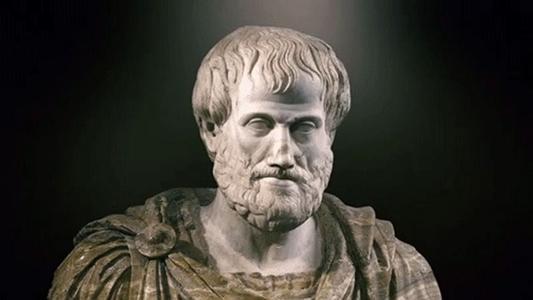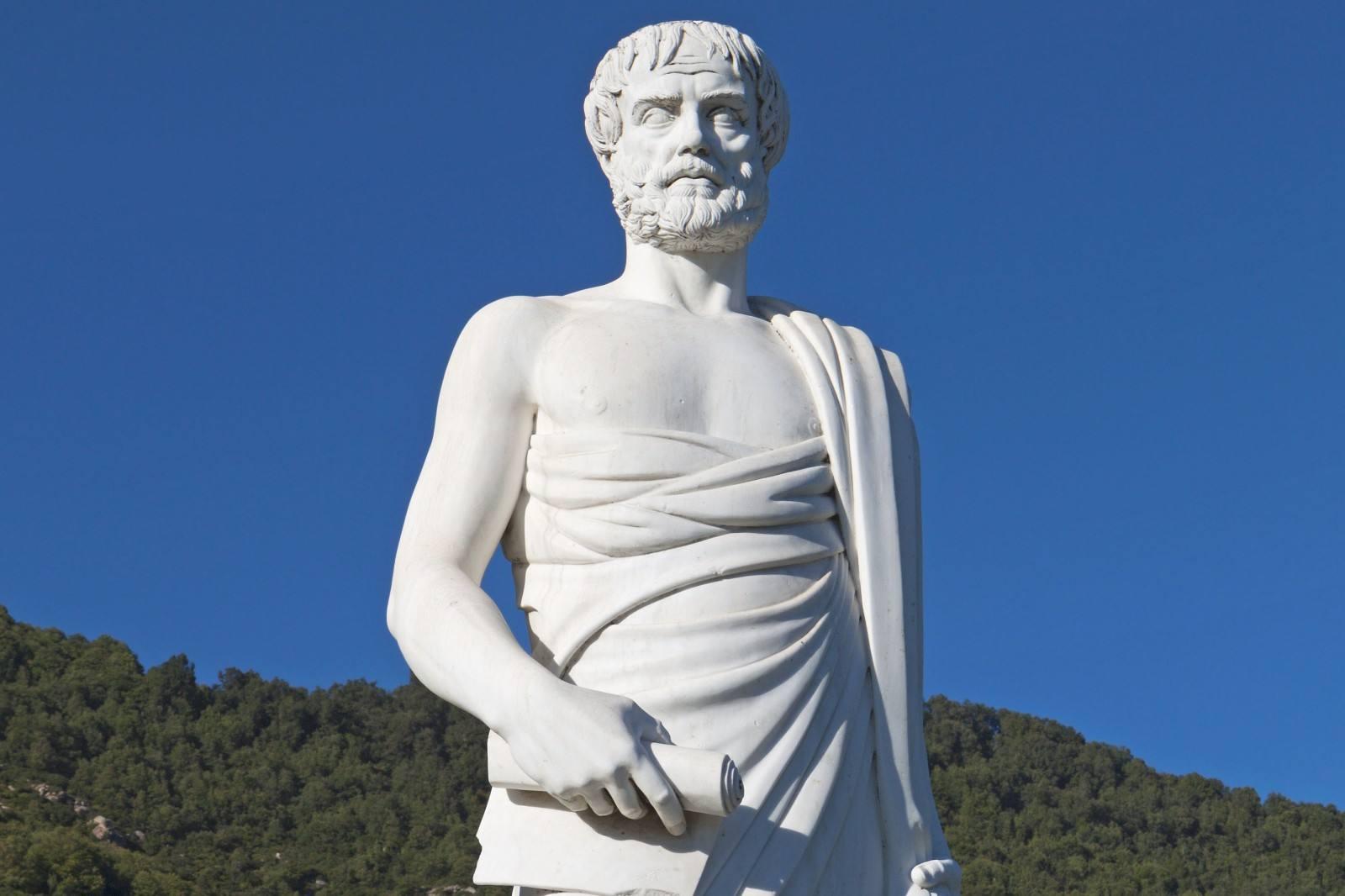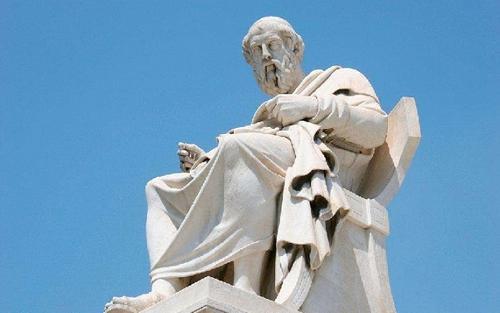All of us Chinese cannot wait any longer. Every day of delay will bring great suffering, disaster, revenge, social suici···

Aristotle's life is full of legend.
He was born in Stagira in Thrace in 384 BC, which became the cradle of his intellectual exploration.
He traveled to many places, from Thrace to Athens, and gradually built his own academic and life.
He moved to Athens in his early years and entered Plato's Academy in 366 BC.
He studied in Athens, an experience that had a profound impact on him. He remained in the Academy for a long time until Plato's death.
During his studies, he was exposed to many disciplines, which brought together the most advanced academic materials at the time, which laid a solid academic foundation for his future in-depth research.
Athens was once a focus of cultural exchange and philosophical debate, where Aristotle studied medicine and had in-depth exchanges with many scholars.
Aristotle's experience in Plato's Academy can be described as a process of nourishment.
He was deeply influenced by Plato's philosophy. At the same time, he is gradually forming a unique ideological system of his own.
During this period, he may have met people from all over with different viewpoints, which may have enriched his academic views.
After Plato's death, he left Athens and began to travel around.

He left Asia Minor for Mytilene in 344 BC.
The process of traveling allowed him to escape from the academic circle of Athens and come into contact with the wider world.
He witnessed the social scene, political system and customs of different regions.
His travels are like finding pieces of a puzzle in reality.
Everywhere you go, you can feel the unique cultural essence of the place and see through the deep connotations behind many phenomena.
His thinking became broader and richer in content. This provided him with extremely rich information for academic research in ethics, political science and other fields.
In 343 BC he served as teacher to Alexander the Great.
This is an important part of his educational career and even his entire academic career.
When Alexander was still young, Aristotle set out to explain his scholarship and ideas to him.
When he taught Alexander the Great, he was not limited to imparting knowledge.

His educational concepts may have had a certain impact on Alexander the Great's governance strategies, cultural concepts, and attitudes towards foreign cultures. Furthermore, thanks to Alexander the Great's enormous influence, these scholarly insights may have spread more widely.
He returned to Athens and founded his own school.
He has many works, among which the book "On Instruments" is detailed and divided into multiple parts; "Metaphysics" is also one of his important works; in addition, he also wrote a large number of works on physics and biology.
These works are very rich in content, covering knowledge in logic, rhetoric, biology and other fields.
His writings are like a treasure trove of ancient knowledge.
Works such as "Categories" are the cornerstone of logic and laid a solid foundation for later generations of scholars to explore logic.
His research works elaborated on biological types and their characteristics, and recorded in detail the animal types of that era, which laid a solid foundation for the advancement of botany and zoology.
Aristotle's thought has two sides.
His insights were ahead of the times in some respects, especially on education issues, where he emphasized the need for legislators to pay attention to the educational needs of young people.
In addition, there were some views that now seem archaic, such as his support of slavery and his belief that women should not have the same rights as men.
This phenomenon was caused by the environment of his time.
During the ancient Greek period, slavery was the foundation of social economy, and women generally had a lower status in society.
Aristotle's thoughts were ahead of his time in some aspects. However, due to the limitations of the times, his views on the equality of human rights were somewhat different from modern thoughts.
He had a profound impact on humanity.
The formal logic and many other achievements he founded cannot be ignored.
He made achievements in many fields in his early days and proposed the idea that the earth is spherical. This view had a significant impact on the research directions of subsequent scientists.
Many modern disciplines can be traced back to his teachings in ancient times.
He became a symbol of a turning point in ancient Greek science. From then on, many scientists changed their research directions and began to focus on specific problems.
His thoughts are closely connected with the inheritance of human knowledge. For a long time, this integration has promoted the progress of civilization in the fields of knowledge, philosophy and other fields.
What potential practical significance do you think Aristotle’s theory has yet to be explored in contemporary society?